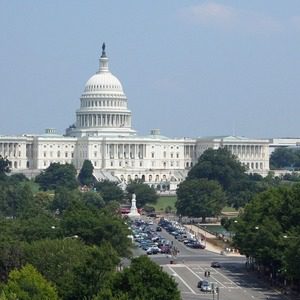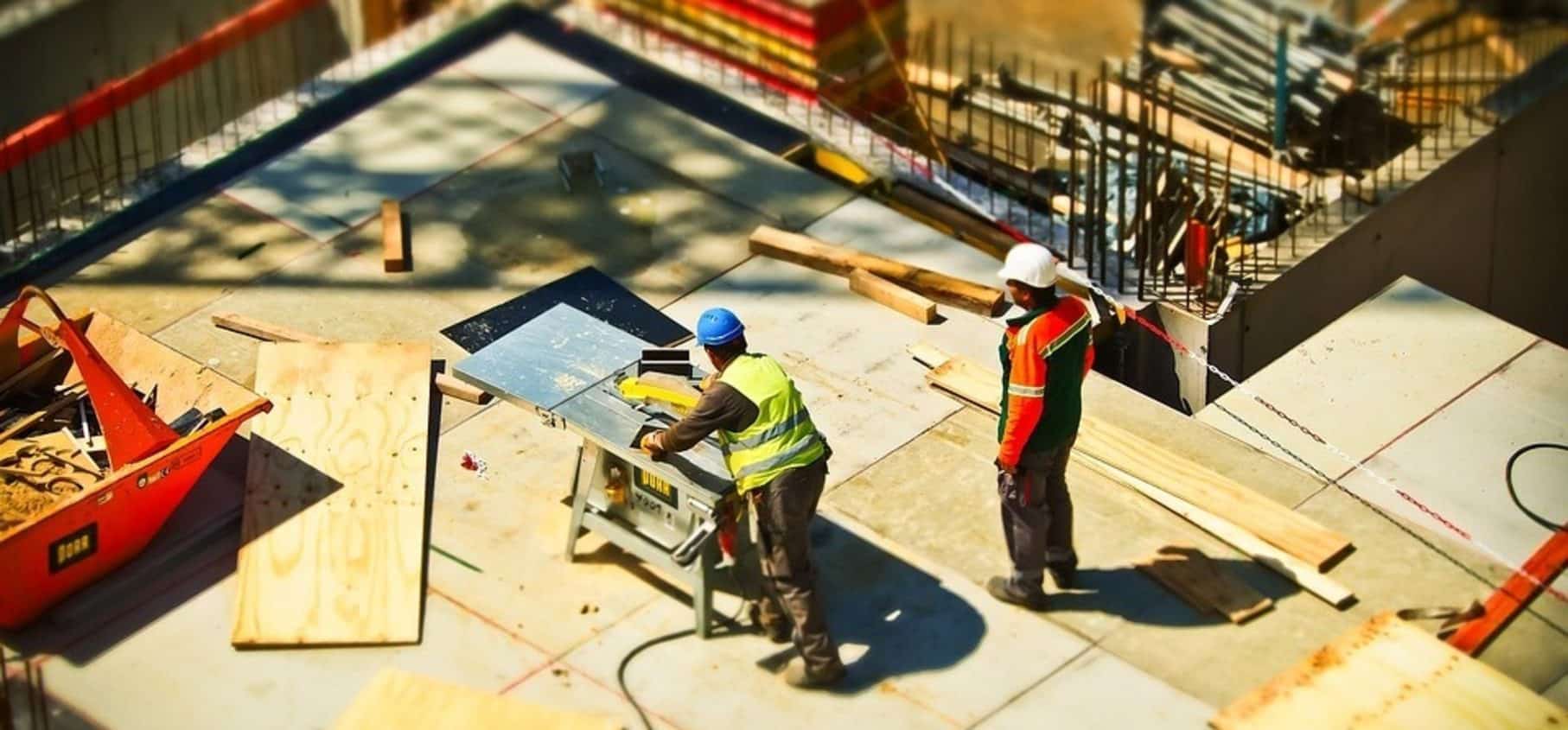
When will the infrastructure bill pass?
Originally introduced in the House of Representatives in June, the bill was referred to the Committee on Transportation and Infrastructure and reviewed by several of its subcommittees before passing through the House in a 221-201 vote on July 1. The bill was then received and read to the Senate on July 12. Initial votes on amendments were scheduled to begin Aug. 2, but Minority Leader Mitch McConnell is not in the rush that his Democratic counterpart is, stating “Our full consideration of this bill must not be choked off by an artificial timetable…,” referencing the impending recess. With the voting unlikely to conclude by the 9th and the Senators not scheduled to return to Washington until September 20th, it will be some time before this massive bill makes it to the president’s desk.
Who is sponsoring the bill?
The bill has been sponsored by Rep. Peter DeFazio (D-OR, 4) and cosponsored by Rep. John Garamendi (D-CA, 3), Rep. Eleanor Holmes Norton (D-DC, At Large), Rep. Donald Payne (D-NJ, 10), Nikema Williams (D-GA, 5), and Frederica Wilson (D-FL, 24).
What’s in the bill?
This portion of the bill promises to make the largest federal investment in the passenger rail system in the United States since the development of the Amtrak train system, the largest dedicated bridge investment since the construction of the interstate highway system, and the largest investment in public transit and water resources to date. The bill also aims to make high-speed internet accessible to all Americans and to help mitigate the climate crisis by investing in clean energy.
Airports and Waterways
Currently, no airports within the United States rank in the top 25 of airports worldwide, so included in the bill will be $25 billion to address airport improvement. Another $17 billion will be dedicated to port infrastructure. This money will be allocated with the aim of reducing congestion and emissions in areas surrounding ports and airports, driving the development of low-carbon technologies, and the general electrification process.
Water Resources
As of 2021, nearly 10 million households in America and 400,000 schools and childcare centers do not have access safe drinking water. This deal will invest $55 billion in efforts to provide clean drinking water to those without access and additional funding will be dedicated to replacing lead pipes and service lines throughout the country.
Power Infrastructure
The deal promises to designate $73 billion to upgrade power infrastructure, in part by developing extensive transmission lines to encourage the expansion of renewable energy. It will create a Grid Deployment Authority, promote smart grid technologies, and dedicate funds for research and development of advanced transmission and electricity distribution technologies.
Public Transit
In the largest investment in public transit in U.S. history, the bill promises $39 billion will be allocated with the aim of modernizing the public transit system and improving overall accessibility for people with disabilities and elderly citizens, in addition to a five-year continuance in funding for the existing transit programs.
The Passenger Rail System
The infrastructure deal contains plans to invest $66 billion in the passenger rail system, $22 billion of which will go to Amtrak to help clear the maintenance backlog. $24 billion will go to the Northeast Corridor for modernization efforts, $12 billion will be allocated to improve intercity rail services, including high-speed rail systems, $5 billion for general safety and rail improvement, and $3 billion is for grade-crossing safety improvements.
Bridges and Roads
This portion of the investment will be allocated to rebuild and repair public roads and bridges with an emphasis on climate change mitigation and safety for all users, including pedestrians and cyclists. A total of $110 billion will go to improving roads and bridges, other major projects, and funding for the surface transportation program for another five years. $40 billion of the funding will be dedicated to bridge repair, $11 billion will go towards transportation safety programs – aiming to automobile related accidents, injuries, and fatalities within communities, more than doubling previous investments in safety programs. The deal will also dedicate $1 billion to create a program to reconnect communities divided by transportation infrastructure, as significant portions of the interstate highway system were built through historically Black neighborhoods.
Internet and Broadband
Currently, more than 30 million Americans live in areas with little to no broadband infrastructure and no infrastructure that allows for minimally acceptable internet speeds. The deal will invest $65 billion working to ensure all Americans have access to reliable high-speed internet with an historic investment in broadband infrastructure deployment. The bill will also aim to decrease prices for internet services by requiring corporations to offer a low-cost affordable plan and help close the ‘digital divide’ by passing the Digital Equity Act, creating a permanent program to help lower-income households access the internet, and ending digital redlining.
Climate Crisis
With an investment of over $50 billion to protect against extreme weather conditions, the infrastructure deal aims to make communities safer and our infrastructure more resilient to the impacts of climate change. The bill will also invest $7.5 billion to develop a nationwide network of electric vehicle chargers – the first effort of this nature, $5 billion in zero and low emission buses, aiming to deliver thousands of electric school buses nationwide, including in rural communities, and $2.5 billion for the ferry industry. In addition to proactive efforts to mitigate climate change, the deal invests $21 billion in environmental remediation, including funds to clean brownfield and superfund sites – currently more than a quarter of all Black and Hispanic Americans live within 3 miles of a Superfund site which can lead to heightened levels of lead in children’s blood.






